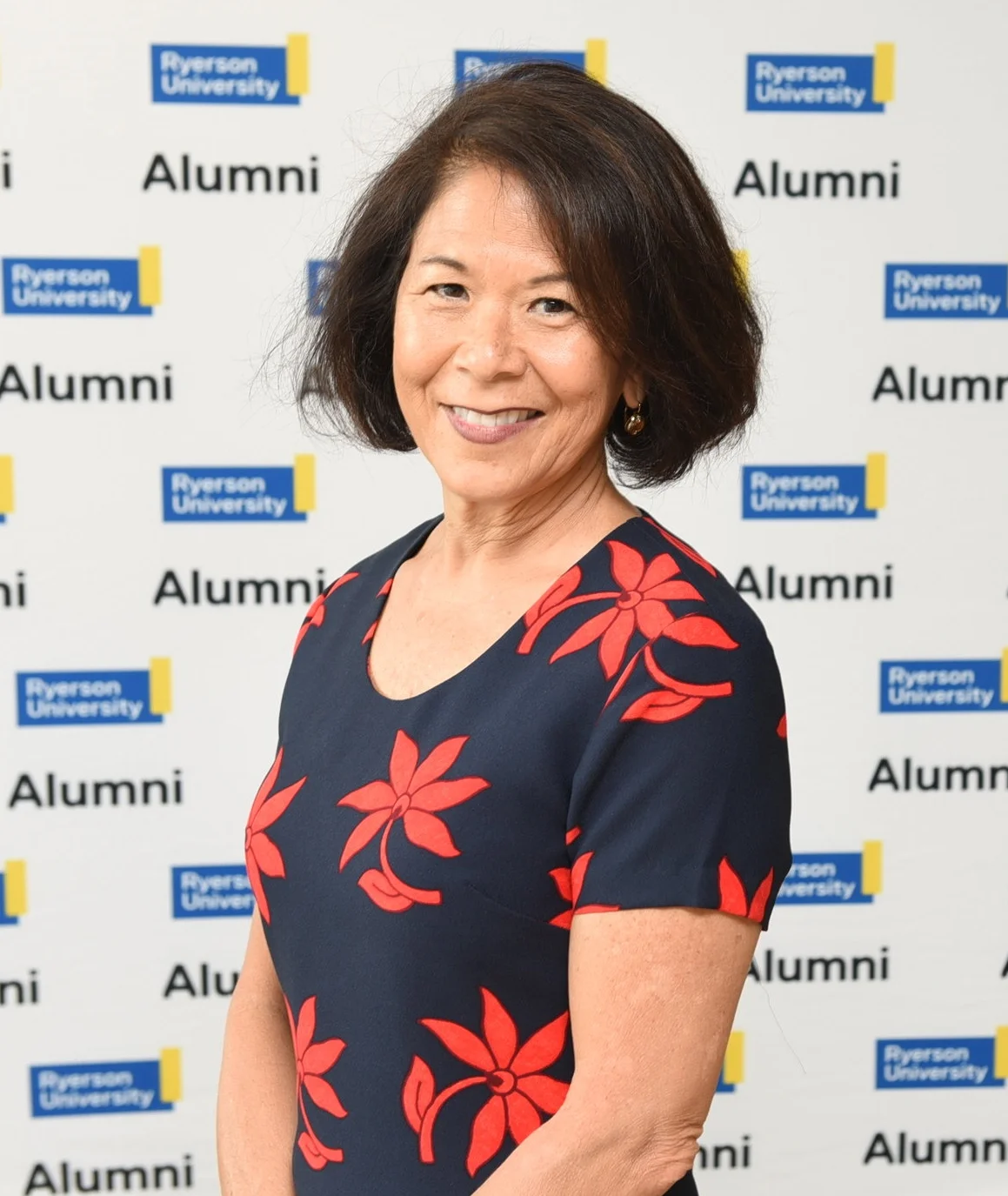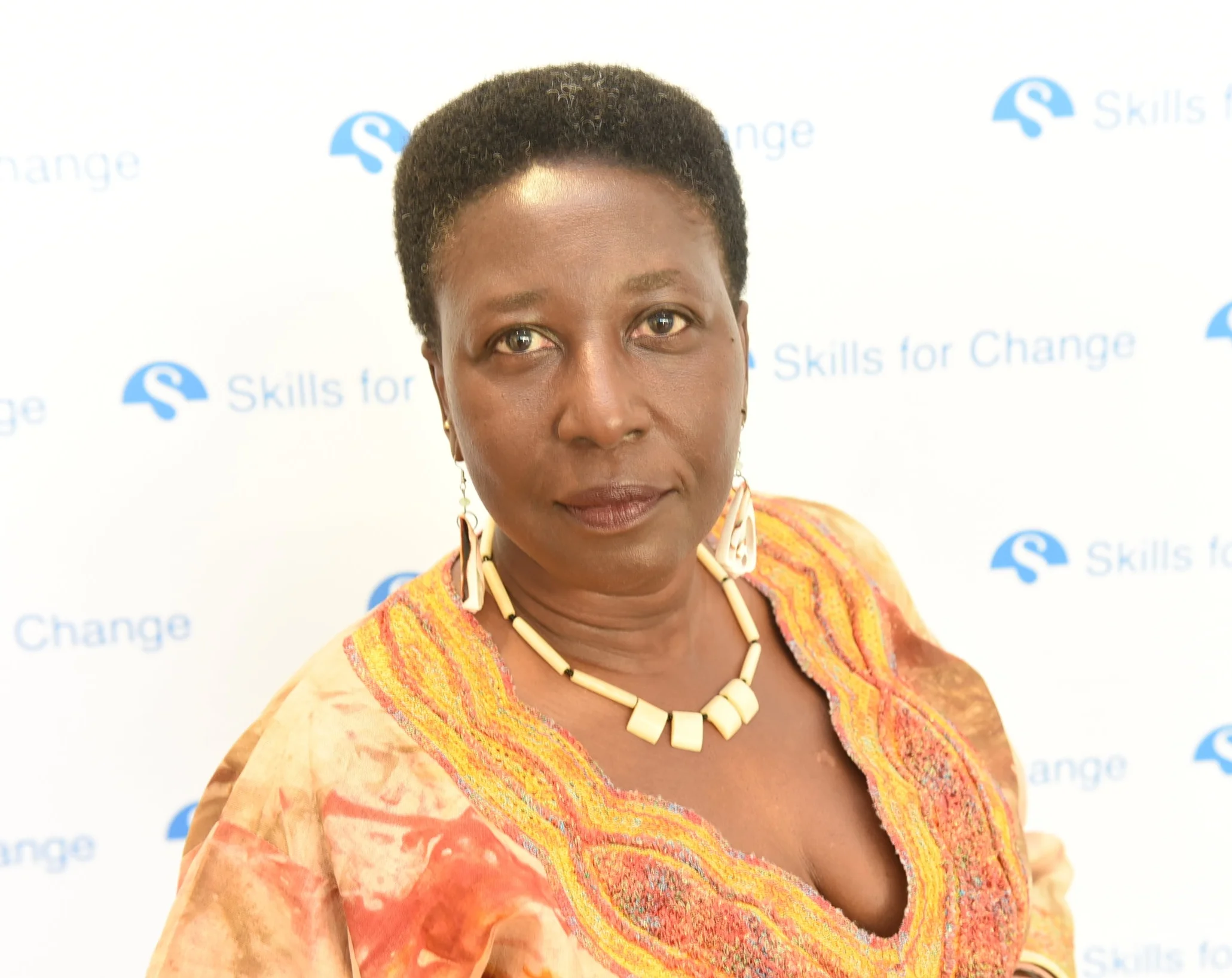Jamaicans 'helped make Canada's health care system more inclusive'
July 6, 2017
When the Jamaican Canadian Association of Nurses (JCAN) invited Anthony Morgan to be the keynote speaker at their third charity gala, the Toronto lawyer accepted on one condition.
He requested that his mother, Shirley Davis who is a nurse, share the stage with him.
An associate at Falconer LLP, Morgan is among the nominees for the Canadian Lawyer Magazine’s Top 25 Most Influential Lawyers.
“I wouldn’t be here without my mom who has been a shining example for me,” he said. “I have had a lot of wonderful opportunities to speak, but folks don’t often see what is behind it. My mom is the major reason why I do what I do and I thought this would be a great opportunity for both of us to speak since she’s a nurse.”
‘The Journey to Justice for Black Nurses in Canada” was the title of their presentation.
“Whether you immigrated here from the beautiful land of wood and water or you were born in this great country to Jamaican parents or grandparents or even if you have no roots in Jamaica at all, every one of the nurses here tonight has a story,” said Morgan who was instrumental in pushing the Office of Independent Police Review Director to invoke its system review powers to investigate systemic racism against Indigenous peoples by Thunder Bay Police Service. . “…That story might be of the challenges you faced on the job as a Jamaican nurse where your accent or your skin tone made people underestimate or dismiss your skills and experience. This might have left you feeling forced to work twice as hard and, despite being twice as smart, finding yourself getting half as far as the other nurses around you.”
Born in England to Jamaican immigrants, Davis has been a critical care and emergency nurse for the last 24 years.
“As nurses, our profession is one of care and service,” she said. “We are there when people are most vulnerable and most in need of our help and expertise. Nursing is about the quality, competence and care you show in serving your patients. It also requires us to be attentive to their families even when some of those families are difficult to deal with. After more than two decades of nursing, I would say that if you are not nursing to serve people, you are only a nurse by profession, but not a nurse at heart. The truly gifted and good nurses among us know the difference. By serving our patients, we serve our communities. Through our professional expertise, we are called to show care, concern and commitment to all of our patients regardless of who they were.
“The wonderful thing about nursing is that is allows us to do this while still making a good living for ourselves, for our home and church families and for the benefit of our communities more broadly. This is what helps us push back against the negative stereotypes that we hear too often whispered and reported about Jamaicans. We are not those stereotypes.”
Morgan and Davis, who specializes in emergency and cardiac care, paid tribute to nursing pioneers Mary Seacole and Marisse Scott.
Seacole was a Jamaican-born nurse who cared for wounded British soldiers during the 19th century Crimean War.
Last year, a statute of Seacole who in 2004 was voted the greatest Black Briton ever in an online poll, was unveiled in England.
Scott was Canada’s first Black nurse.
Graduating from an Owen Sound High School with honours, she was admitted to the nursing program at St. Joseph’s Hospital in Guelph after being rejected by the Owen Sound General & Marine Hospital in 1947 because of her skin colour.
While studying, Scott -- who secured her registered nursing certification in 1950 -- met St. Lucian Graham Louisy who was pursuing veterinary medicine studies. They married and moved to St. Lucia where she served as head of the nutrition department in the Ministry of Health.
“As we celebrate Canada’s 150th anniversary, we should be thinking about Seacole and Scott,” said Davis who has been at the Oakville-Trafalgar Memorial Hospital for the past eight years. “They helped pave the way for Jamaican nurses to make major contributions to Canada’s health care system. When Canada adopted universal healthcare in the 1950s, it was Jamaican nurses who were at the forefront of answering the call to fill the shortage that existed in available nurses. Jamaican nurses were among the first to come and help make our healthcare system a shining example to the world.”
Morgan concurred with his mother.
“Jamaican nurses have helped make Canadian healthcare more inclusive, sometimes having to fight against racism so that our hospitals and healthcare facilities are stronger,” he said. “With more Jamaican, Black and other racialized healthcare professionals, we get to enjoy a Canadian healthcare system that’s more reflective of the multicultural mosaic of the country. Many of the equity, diversity and human rights programs that we sometimes take for granted are the product of Jamaican nurses speaking up, taking action, offering support and direction to make Canada’s healthcare system truly a system for all Canadians.”
Since its emergence in 2015, the JCAN has presented an Excellence in Nursing Award. This year’s recipient was Holland Orthopaedic & Arthritic Centre/Sunnybrook Health Sciences Centre registered practical nurse Yvonne Ramlall.
JCAN vice-president and health care practitioner Hyacinth Robinson-Powell nominated Ramlall for the honour.
“Before I underwent knee surgery last April, I told my doctor that I didn’t want anyone on the floor to know that I was a nurse because I didn’t want any special treatment,” said the 1972 University of the West Indies graduate. “I wanted to experience the service that regular patients receive. On the second day after my surgery, I had a nurse who was terrible and simply awful. I was having a bad day until Yvonne showed up and did everything that a nurse is taught to do. I was so impressed that I asked her for her bio the next day. When I read it, I saw it was just as impressive as her work. She met all the criteria for the award and that was the reason why I put her name forward.”
A haematology technician for 15 years, Ramlall switched careers after losing her mother and job in a six-week span. She took a floral design course before turning to nursing to honour her parents’ memory.
Before passing away when his daughter was just eight year’s old, Ramlall’s father -- who was a porter at the Georgetown Hospital in Guyana – hoped that his daughter would pursue a nursing career.
Student bursaries each worth $1,500 were presented to Humber College-University of New Brunswick second-year student Sarah Ward and Rochelle Whittingham who is enrolled in Centennial College’s practical nursing (flexible) program.
The University of the West Indies Graduate Nurses Association of Canada morphed into the JCAN which recently unveiled a five-year strategic plan that includes the establishment of a long-term care home for Black and South Asians in the Greater Toronto Area, partnering with TAIBU Community Health Centre to develop a day-program for persons with dementia and adopting Jamaican health care clinics.
“We will begin with the areas with the greatest health and social needs,” said JCAN president and doctoral candidate Sheryl Bernard who is the Ontario Shores Centre for Mental Health Sciences administrative director.
Last year, JCAN donated a state-of-the-art cardiac monitor to May Pen General Hospital.






